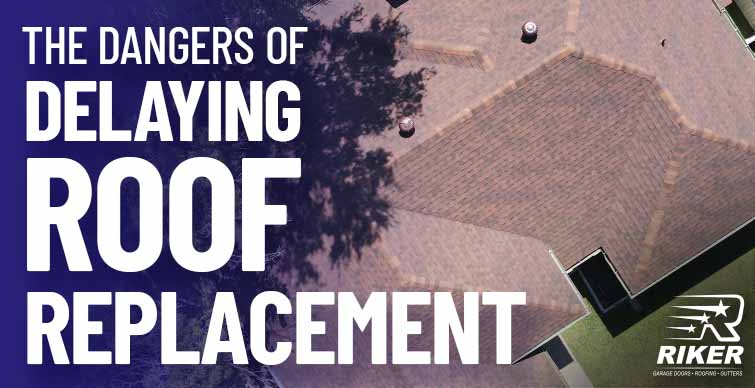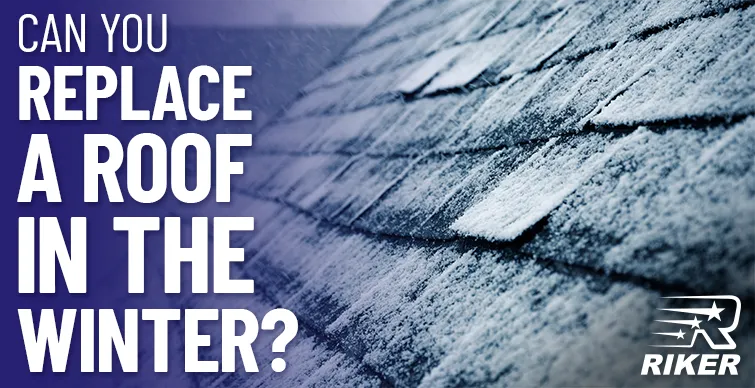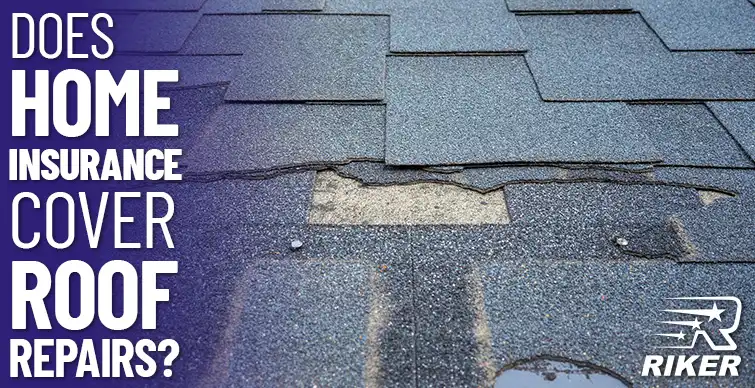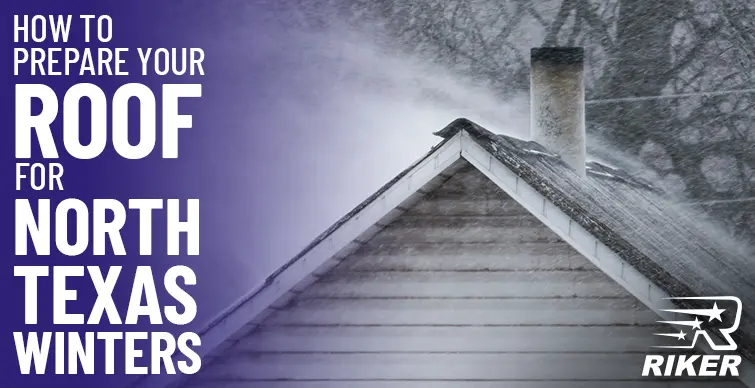
Delaying roof replacement is more than just a minor inconvenience—it can lead to significant damage, increased costs, and a decline in your home’s value. Waiting too long to replace your roof can result in water leaks, structural issues, and even mold growth, which pose both financial and health risks.
In this article, we’ll explore the specific dangers associated with delaying roof replacement and why acting sooner rather than later is crucial.
Key Takeaways
- Delaying roof replacement causes expensive damage.
- Water leaks and mold growth are common.
- Prolonged delays can result in serious structural damage.
- Energy inefficiency from a damaged roof increases utility bills.
- Insurance claims may be denied due to neglect.
- The overall lifespan of your home is shortened.
What Happens When You Delay Roof Replacement?
When you delay roof replacement, several issues start to pile up. Initially, it may seem like a harmless postponement, but roofing problems can escalate quickly, leading to severe water damage, mold growth, and costly repairs.
For example, leaks are often the first sign that something is wrong. A small leak might not seem urgent, but over time, it can weaken your roof’s structure and cause significant water damage to your home’s interior. This, combined with the risk of mold infestation, makes it critical to replace your roof before these problems worsen. As HomeAdvisor explains in their roof replacement guide, replacing a roof in time saves you from even more expensive emergency fixes down the road.
Water Damage and Roof Leaks
One of the most immediate and severe dangers of delaying roof replacement is water damage. As roofs age, shingles can deteriorate, leading to water intrusion. Once water gets beneath the roof underlayment, it can seep into your home, damaging walls, ceilings, and insulation.
The result? Expensive repairs, which often far exceed the cost of a timely roof replacement. Roof leaks are more than just a nuisance; they compromise the safety of your home’s structure and can even cause damage to electrical systems. For instance, roof water damage can cause ceiling collapse, floor warping, and even electrical short circuits if left unattended .
Water intrusion also invites mold growth, which is not only destructive to the building but dangerous to your health. The CDC warns about the health risks of mold, particularly for individuals with asthma or allergies.
Mold Growth and Health Hazards
Delaying roof replacement increases the likelihood of mold growth. When water seeps into your attic or walls due to an aging roof, it creates the perfect breeding ground for mold. Mold spores thrive in moist, poorly ventilated areas and can spread quickly throughout your home.
Mold growth isn’t just an eyesore—it presents serious health risks, especially for those with respiratory issues. Prolonged exposure to mold can lead to allergic reactions, asthma attacks, and other respiratory problems. Worse yet, mold can severely damage your home’s wooden structures, drywall, and insulation, leading to even more expensive repairs .
Taking action on roof replacement early prevents these issues from spiraling out of control. In fact, the CDC recommends promptly fixing any leaks in your home’s roof to prevent mold growth. It ensures that your home remains a safe and healthy environment, free from mold and other water-related damages.
Increased Repair Costs vs. Replacement Costs
Many homeowners believe that delaying roof replacement and opting for periodic repairs will save them money. However, this is a costly misconception. The reality is that the longer you delay replacing your roof, the more frequent and expensive the repairs become.
For instance, if you experience shingles deterioration, you may need to patch up sections of the roof, but patching up is only a temporary fix. Over time, the damaged area grows, requiring more substantial repairs that will cost significantly more than a one-time roof replacement.
Additionally, ignoring roof damage can affect the structural integrity of your home’s roof decking and fascia boards, leading to even higher repair costs. While patching up seems cheaper at first, emergency roofing services to fix critical damage will cost far more than replacing the roof in the first place.
Structural Damage to Your Home
When you delay roof replacement for too long, you expose your home to significant structural risks. Over time, water leaks that seem minor can begin to erode your roof’s support systems. This affects not only the roof decking but also load-bearing walls, fascia boards, and even the attic structure.
As the wood beneath your roof begins to rot, you run the risk of roof collapse. The longer you delay, the more weakened the structural integrity of your home becomes. A weakened roof can also put extra pressure on the walls and foundation, leading to severe damage that is costly and difficult to repair.
In some cases, structural damage becomes so severe that parts of the house may need to be rebuilt entirely. This is why it’s crucial to stay on top of roof maintenance and schedule a roof replacement before problems get out of hand. Ignoring the issue won’t just lead to costly repairs, but may also put your family’s safety at risk.
Denied Insurance Claims
Another hidden danger of delaying roof replacement is the potential for denied insurance claims. Many homeowners assume that their insurance will cover damage caused by a leaky roof. However, most insurance policies have clauses that specifically exclude damage resulting from neglect.
If you delay replacing your roof and your home suffers water damage, your insurance provider might reject your claim, citing lack of proper maintenance. Insurers expect homeowners to perform regular upkeep on their roofs. When it’s clear that damage could have been prevented by timely roof replacement, they often refuse to cover repair costs.
This could leave you facing thousands of dollars in repair bills out of pocket, all because of a delayed replacement. To avoid this, it’s important to maintain your roof and replace it when necessary. By doing so, you protect your investment and ensure that your insurance coverage remains intact.
The Importance of Regular Roof Inspections
One of the best ways to avoid the dangers of delaying roof replacement is through regular roof inspections. Having a professional roofing contractor inspect your roof annually or after major storms can help catch problems before they become severe.
During an inspection, a contractor will check for signs of shingles deterioration, roof leaks, and water damage. They will also assess the condition of the roof decking, flashings, and other vital components. Catching issues early gives you the opportunity to make repairs or replacements before serious damage occurs.
Regular inspections can extend the lifespan of your roof and save you money in the long run. By investing in preventive maintenance, you ensure that your roof remains in good condition, and you avoid the high costs of emergency repairs or full replacements due to negligence.
A Safer Home Starts on Top: Replace Your Roof with Riker
When it comes to roof replacement, waiting too long can lead to severe damage, costly repairs, and a decline in your home’s safety and value. Acting promptly is essential to avoid these dangers, and that’s where Riker Home Services can help.
With expert roofing inspections, repairs, and replacements, Riker ensures your home stays protected from roof leaks, and structural damage. Don’t let procrastination cost you more in the long run—contact Riker Home Services today for a roof assessment and experience the peace of mind that comes with timely, professional care.


